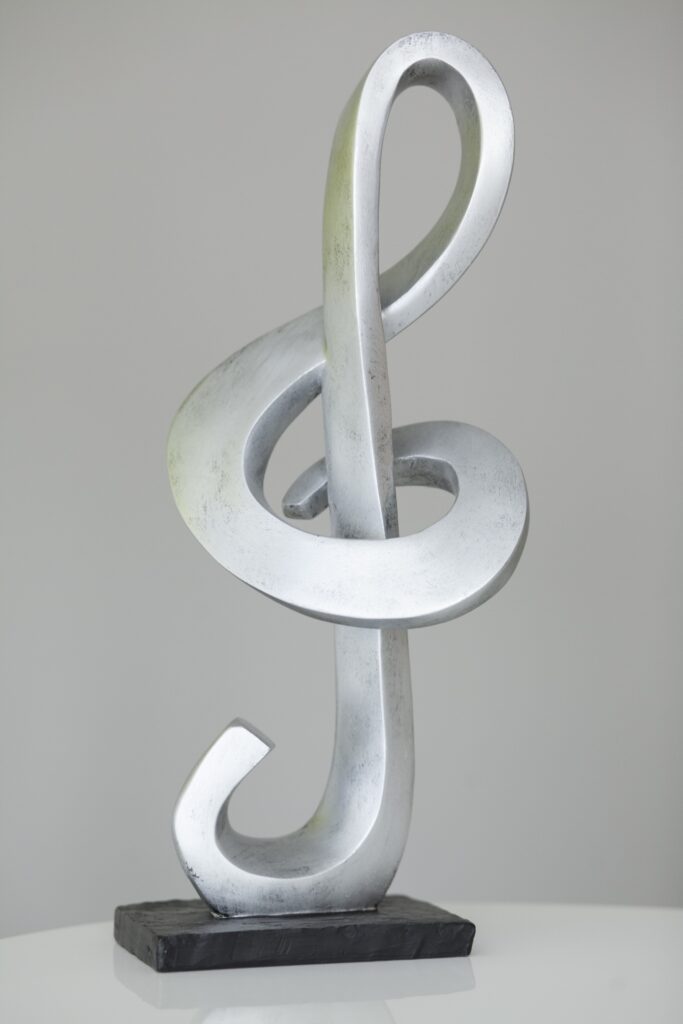Lawyer for press law
The general right of personality
Press law is often concerned with the general freedom of opinion, artistic freedom and the general right of personality. The general right of personality in the area of press law always includes a consideration of the respective factual area of protection, namely the public sphere, the social sphere, the private sphere and the secret/intimate sphere. These different spheres are to be differentiated in the context of possible infringements. Their boundaries determine what the press may and may not publish. A few comments on the different spheres:
1. public sphere: This sphere concerns actions or events that are in the public interest or of public concern. Persons in the public sphere normally have less protection against publications about them, as they have voluntarily entered the public sphere. Less stringent requirements for consent to the publication of information apply here.
2. social sphere: This sphere covers aspects of social life that are not necessarily of public interest, but nevertheless cannot be considered private. This may include information about family life, social activities or personal relationships. Protection in the social sphere is stronger than in the public sphere, but weaker than in the private sphere.
3. privacy: This is the area that is most protected and includes personal matters that have nothing to do with public or social interests. This includes, for example, health status, sexual orientation, financial situation or private communications. Publications in this area generally require the express consent of the person concerned.
4. privacy: This is the most sensitive area and includes personal and private matters that are extremely worthy of protection. This includes intimate details about a person’s private life, such as sexual preferences, medical diagnoses or family problems. The publication of such information is generally only permitted with explicit consent or in very limited cases justified by the public interest.

Rights of self-representation in press law
In our legal consulting practice, we often deal with the rights of self-promotion, the right to one’s own name with its overlap to trademark law, the right to one’s own image, the right to one’s own word as well as the right to one’s own honor. In this context, satire and caricature often play a special role.
Claims under press law
Do you have claims under the law of expression or do you have to defend yourself against such claims? Then it is usually a question of whether a fact or a value judgment is being disseminated. The transition to defamatory criticism and the question of whether facts disseminated are true or untrue are often relevant here. Depending on the case constellation, we help you to enforce or defend against claims for removal, injunctive relief and damages, often also in preliminary injunction proceedings.
Photography of relative persons of contemporary history
Are you a relative of contemporary history, i.e. a prominent public figure, and would like to know whether you have to put up with being photographed? The area of press law is one of our core areas as specialist lawyers for copyright and media law.
Direct contact to the press lawyers:
We are at your disposal for all these questions relating to press law, both out of court and in court. Contact us by telephone on +49-221-4201074 or by e-mail at info@rehkatsch.de and let us know what we can do for you.


